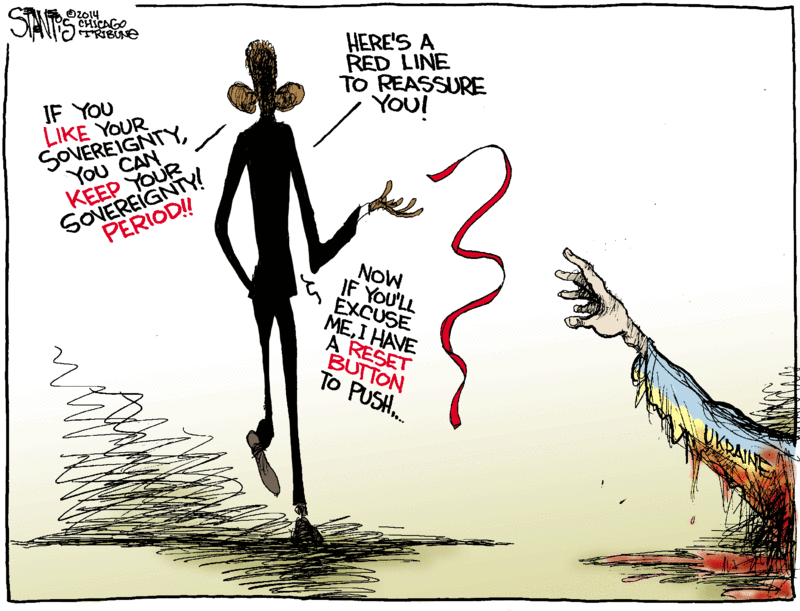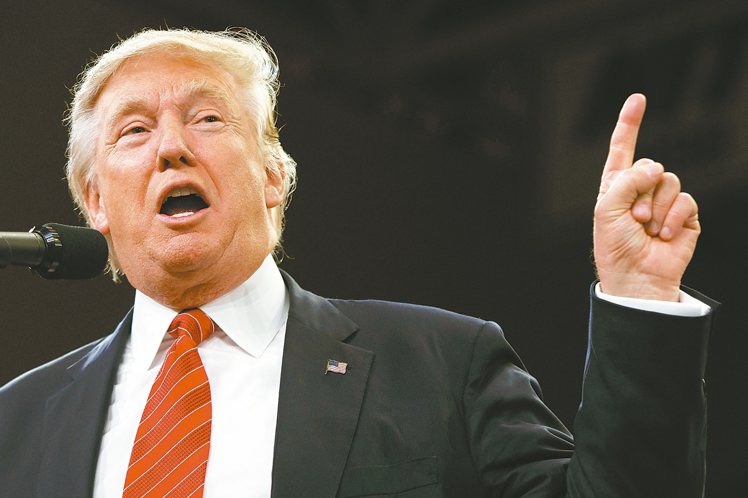
Obama’s Foreign Policy: A Resounding Failure
(Lebanon) on 18 August 2016
by Samir Tanir (link to original)
The book was written by Derek Chollet, who worked for decades in the State Department, the National Security Council, and the Department of Defense. He says that Obama set a formula for long-term policy, which contains a set of principles that should be respected when using American power and making strategic choices. The first principle is balancing between interests and values, foreign and domestic priorities, acknowledged goals in America and other parts of the world, and the burdens America and its allies carry, not to mention balancing between military power, diplomacy, and economic pressure. As for the major keys to Obama’s foreign policy, it is sustainability, i.e., not paying an exorbitant price for action, and forbearance, i.e., not asking what America should do, but what America can do. More precisely, it means using a refined approach rather than a coarse one, exercising patience, i.e., giving time for the outcome of policies to emerge and not offering simple answers to difficult questions, and, finally, using a discerning eye , i.e., understanding the role of America in the world and the extent of its ability to lead.
This is what can be summarized from the theoretical portion of the book. The second part of the book consists of practical matters and how Obama behaved on that basis, merging careful pragmatism and cold realism, while keeping in mind that the outcomes were not encouraging. This appeared in numerous decisions Obama made. Let’s begin with Afghanistan, where Obama announced he would be withdrawing troops at the end of 2016. The author considers the decision a mistake because the gradual reduction of American forces was not linked to operations on the ground giving the Taliban an opportunity to target government forces, who now lack American cover. The author says that the mistakes in Iraq were more disastrous. The withdrawal at the end of 2011 took place after the failure of negotiations with the Maliki government in regard to leaving some forces in Iraq, and legal protection for members of the American military. Obama was not able to obtain the required concessions to undertake arming and training an army and security forces that cost $25 billion. So, the withdrawal occurred, Iraq approached the brink of civil war, and the Islamic State was able to overrun some cities in 2014. As for Syria, the list of mistakes is much longer, as the author says, the most important being the failure to punish those who used chemical weapons, which has widened the scope of the crisis until now. Meanwhile, the only success in the author’s opinion is finalizing the nuclear agreement with Iran.
The author believes that Obama’s extreme caution and refusal to use his country’s military strength is causing the decline of American influence, such that the world has reached the brink of World War III, i.e., the war going on in our countries of Syria and Iraq today. He thinks the first thing the next American president should do is torpedo the foreign policy of his or her predecessor and adopt a new foreign policy.



The class divide is so great in Obama’s America that the working class in this country has no interest whatsoever in a belligerent foreign policy, this New Colonialism in the Middle East, this confrontation of U.S. military power with China in South Sea, with Russia over the Ukraine.The phony and endless ” war on terrorism ”
Vladimir Putin is right to see” Hillary the Hawk ” as the face of World War III .
Can the American working class veto World War III ?
[ http://radicalrons.blogspot.com ]